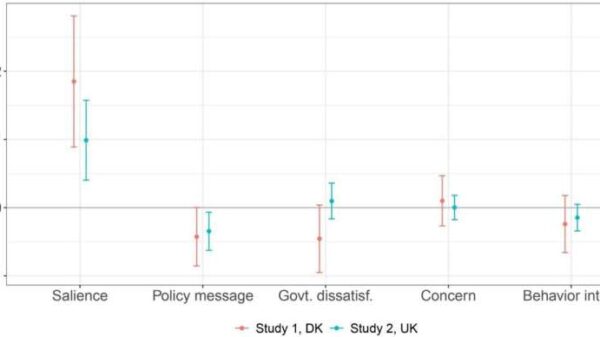UPDATE: The Los Angeles Angels are facing serious allegations in a civil trial that began today in Santa Ana, California, regarding the July 1, 2019 drug overdose death of pitcher Tyler Skaggs. The family of Skaggs claims the team is responsible for his death, arguing that the Angels failed to enforce their own drug policies, allowing an addicted employee access to players.
In opening statements, attorney Shawn Holley, representing Skaggs’ wife and parents, asserted that Eric Kay, the Angels’ former communications director, was convicted of providing the fentanyl-laced pill that led to Skaggs’ tragic overdose while the team was on a trip to Texas. Holley emphasized that Kay was known to be addicted to opioids and had been supplying drugs to players, a situation the Angels ignored.
“They buried their heads in the sand over and over and over again, and as a result Tyler Skaggs is dead,” Holley told jurors, painting a picture of negligence on the part of the organization.
Meanwhile, lawyers for the Angels, who will present their case later today, argue that Skaggs was also consuming alcohol and oxycodone at the time of his death, which occurred in the privacy of his hotel room and was outside the team’s control. They contend that Skaggs was off duty when the overdose happened.
This high-stakes civil case seeks $118 million in damages for lost earnings and the emotional suffering endured by Skaggs’ family. The trial could last for weeks and may hear testimony from prominent players, including Angels outfielder Mike Trout, and former pitcher Wade Miley.
The case has drawn significant attention not only for its implications within Major League Baseball but also due to the increasing crisis of drug overdoses in the United States, particularly among young adults. The Centers for Disease Control and Prevention reported that overdoses have become the leading cause of death for individuals aged 18-44 in 2024, largely fueled by fentanyl.
Skaggs had been a crucial part of the Angels since late 2016, despite battling injuries throughout his career. His death raised serious questions about the culture surrounding drug use in professional sports and led to the MLB implementing new opioid testing policies.
As the trial unfolds, the emotional stakes remain high for Skaggs’ family and for the broader sports community grappling with the consequences of addiction and oversight failures.
Stay tuned for updates as this case develops, with significant implications for the Angels and the future of drug policies in professional sports.



































































